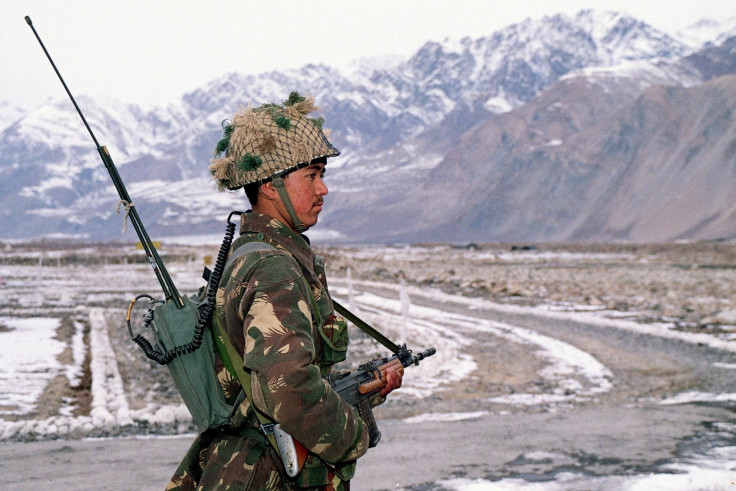India-Pakistan Conflict Update: Pakistan Envoy Calls For ‘Sustained Diplomacy’

Amid rising tensions between the two neighboring countries, Pakistan’s High Commissioner to India — Abdul Basit — stressed the importance of diplomacy and said there needed to be dialogue between the two countries as further escalation would lead to “serious implications” on both sides.
“It is important to avoid raising false expectations, as happened after the cross-LoC firing on Sept. 29. We cannot afford to go down that route. Statements are made, but I think both countries do understand (the) serious implications of escalating the situation either horizontally or vertically,” Basit told The Indian Express in the interview.
The envoy put the ball in India’s court by saying: “If India is ready, Pakistan will be willing. But if India is not ready, we can always wait. India has to make up its mind.”
There has been increased friction in relations between the two South Asian nations, especially after terrorists attacked the Indian army base in Uri, Kashmir, last month, killing 19 soldiers. India maintains the attacks were carried out by Pakistan-based militants and retaliated through reported “surgical strikes” across the line of control last Thursday — which it says ended in the killing of several militants.
However, in another instance late Sunday, militants opened fire at an Indian army camp in Kashmir’s northern district of Baramulla — killing one border guard and wounding another. Basit maintained that the latest attack in Baramulla could not be considered retaliatory as — in line with Pakistan’s official position — “no surgical strike” took place, only “cross-LoC (Line of Control) firing.”
“Both our countries understand war is not really a solution to our problems and there is simply no room for conflict in a nuclear environment,” Basit said. He added that “there are huge stakes involved” on either side and there is “need to have serious, sustained diplomacy” because both countries cannot “remain in this phase indefinitely” and “need to come out.”
Basit's comments come days after India’s External Affairs Minister Sushma Swaraj addressed the United Nations General Assembly and stated that her country had never imposed pre-conditions on endeavors to strengthen ties with the neighboring state but had only received terrorist attacks like the one in the border city of Pathankot last year and in Uri last month.
“We took the initiative to resolve issues not on the basis of conditions, but on the basis of friendship. We have, in fact, attempted a paradigm of friendship in the last two years which is without precedent,” Swaraj said. “We conveyed Eid greetings to the Prime Minister of Pakistan, wished success to his cricket team, extended good wishes for his health and well being. Did all this come with pre-conditions attached?”
Meanwhile, India’s border guards seized an empty Pakistani boat in the country’s border state of Punjab on Tuesday. Further investigation is underway.
“We have captured a Pakistani boat which had washed away to this side in River Ravi along the International Border (IB) in Pathankot sector,” a senior Border Security Force officer said, according to news agency Press Trust of India.
The cooling of tensions between the two nuclear-capable countries is essential for maintaining peace in the region and there have been attempts by the international community and United States officials to re-establish dialogue.
© Copyright IBTimes 2025. All rights reserved.






















